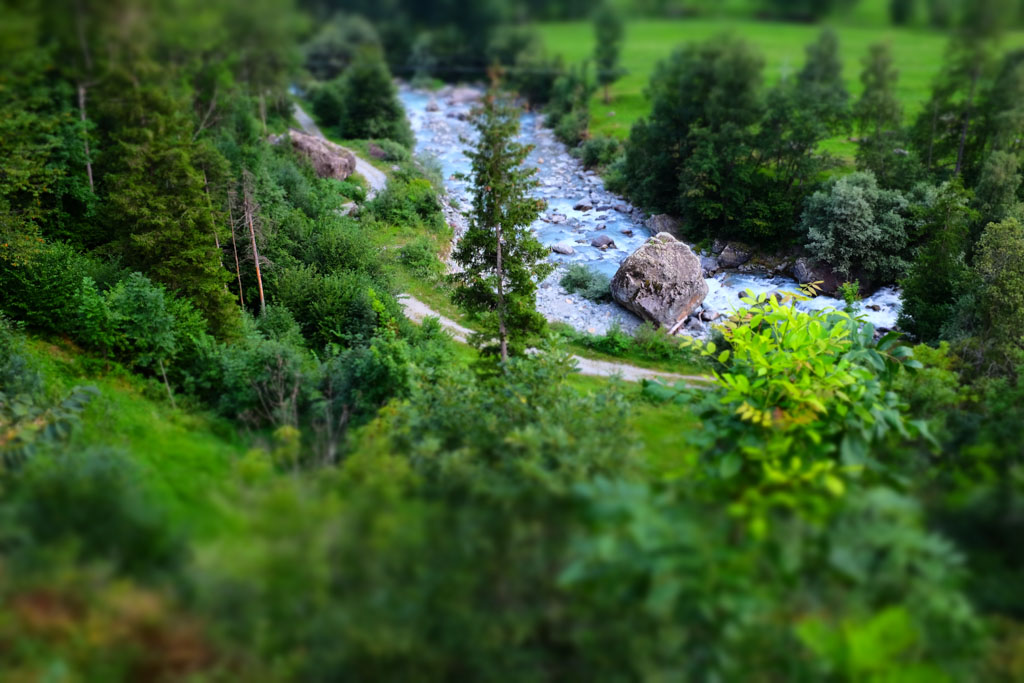
Reflections from Boris van Meurs on our reading group session the 21th of April 2022 on Democratising sustainability transformations by Pickering et al. (2022).
Beyond democracy?
Is democracy flexible enough to make the transformations required to keep Earth habitable? Although desperate reveries of eco-authoritarian solutions are – shamefully – becoming more common, Susan de Koning introduced, in our session on 25 April, a thoroughly researched paper by Pickering et al. (2022), that concludes, with some reservations that, yes, democracy might still be able to muster up the energy to make the transition. But the paper also admits that the democratic potential is not lived up to yet – which lead us to some questions that taint the democratic optimism of Pickering et al.
Democracy promises us that we – as a political body – can save ourselves from the mess made on Earth. The paper we discussed strengthens this presupposition by turning democracy into its object of study, under the assumption that more knowledge will help us to improve the democratic regime. In the ideal world, democracy creates the conditions for a political pedagogy that, in an endless iterative loop running from research to practice, allows us to be both teachers and pupils of the good life at the same time. Dialogue would play a key role in this process. In our discussion, we raised three questions against this ideal.
“In the ideal world, democracy creates the conditions for a political pedagogy that, in an endless iterative loop running from research to practice, allows us to be both teachers and pupils of the good life at the same time. Dialogue would play a key role in this process […] what is left of the transformative potential of real dialogue?”
Where do we meet? Public life has largely become politically anesthetized, and there are very few public spaces where citizens actively meet to discuss their vision on the good life.
What about power? As Pascal already saw, justice is nothing without force – and more needs to be in place than merely having the right ideas.
Where do we start? Although democracy is closely related to an ideal of a rational humanity, people’s values are also shaped by their economic and physical conditions, which might never be overcome by dialogue.
Democracy has this tendency to slide into technocracy, where political problems (marked by an inherent unpredictability and the possibility of rupture) are absorbed by many policy makers and research committees. If that is what happens, what is left of the transformative potential of real dialogue – in which two persons discover a truth that neither possessed before their coming-together?